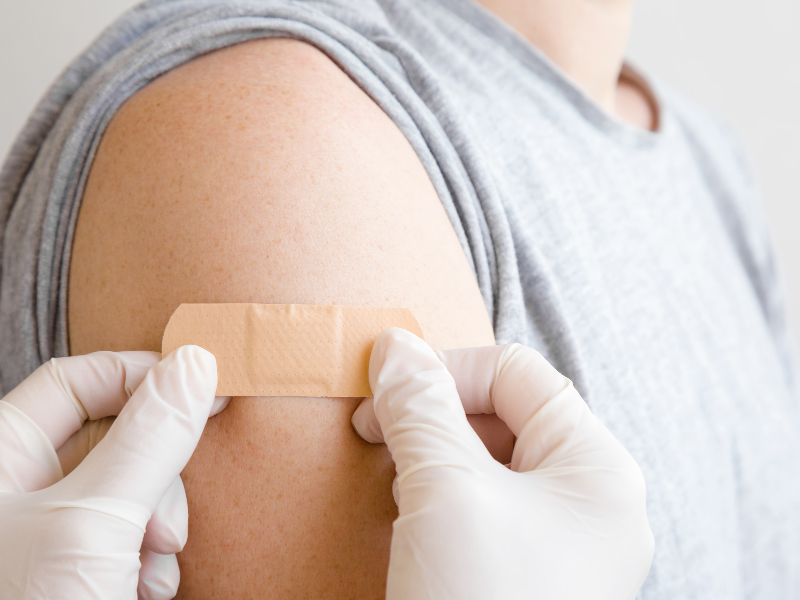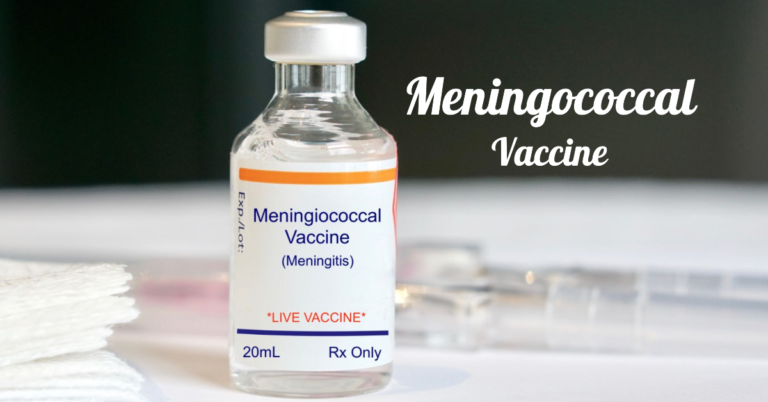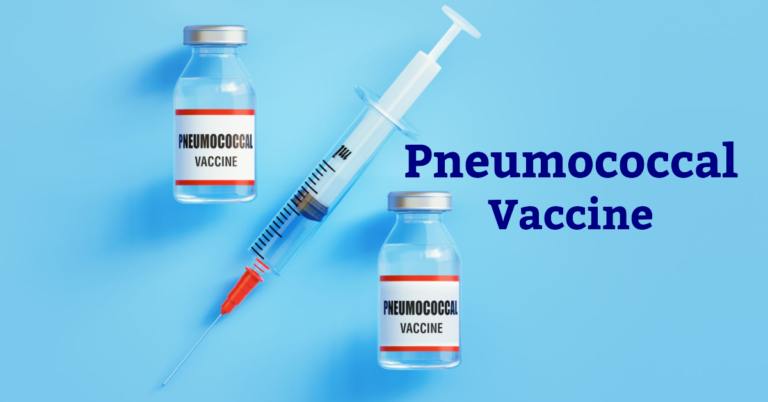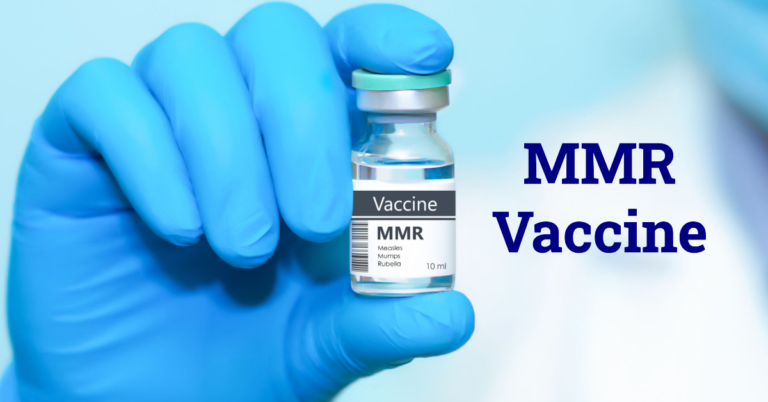Rabies remains one of the deadliest diseases known to humans. Thankfully, the rabies vaccine for humans provides critical protection after exposure, especially when it is administered quickly. If you’re a traveler, an outdoor enthusiast, or someone who interacts with pets, understanding the importance of this vaccine is essential to staying safe.
What is Rabies?
Rabies is a life-threatening viral disease that affects the nervous system. Without timely treatment, it is almost always fatal.
Recognizing the Signs of Rabies in People
- Early symptoms: Fever, headache, and general discomfort.
- Later symptoms: Paralysis, hallucinations, and fear of water (hydrophobia).
The Critical Role of Vaccines in Fighting Rabies
Symptoms of rabies only appear after the disease has progressed. By that point, it’s usually too late for treatment. This is why the rabies vaccine for humans plays such a vital role—it stops the virus before symptoms begin.

How Rabies Spreads to Humans
Animal Carriers of Rabies
Wild animals such as raccoons, bats, skunks, and foxes are the most common rabies carriers in the U.S. Additionally, unvaccinated cats and dogs can also transmit the virus.
Rabies Transmission in Humans
Rabies spreads through saliva, typically via bites or scratches. In rare cases, it spreads when saliva enters an open wound or the eyes, nose, or mouth.
Preventing Rabies with the Vaccine
Avoiding contact with wild animals and vaccinating pets are effective preventative measures. However, if exposure occurs, receiving the rabies vaccine for humans immediately can prevent the disease from taking hold.
Who Should Consider Rabies Vaccination?
Pre-Exposure Rabies Vaccination
This is recommended for:
- People who work with animals, such as veterinarians and animal shelter staff.
- Travelers visiting countries where rabies is common.
- Individuals who frequently interact with wildlife, such as campers or hikers.
Post-Exposure Rabies Vaccination
Anyone bitten or scratched by an animal should promptly receive the rabies vaccine for humans to prevent infection.

Exploring Rabies Vaccine Options
Pre-Exposure Vaccines
Pre-exposure vaccines provide immunity for high-risk individuals. These are administered in three doses over several weeks.
Post-Exposure Vaccines
Post-exposure vaccines are given after a potential rabies exposure. They include four doses over 14 days, often combined with rabies immunoglobulin for immediate protection.
Combination Options
Healthcare providers may recommend both pre-exposure and post-exposure vaccines in certain cases for added protection.
How the Rabies Vaccine for Humans Works
The Rabies Vaccination Process
Healthcare providers evaluate the wound and clean it thoroughly. Then, they administer vaccines according to a schedule, ensuring maximum effectiveness.
Effectiveness of Rabies Vaccines for Humans
Studies show that when given promptly, the rabies vaccine for humans is 99% effective at preventing the disease.
Common Myths About Rabies Vaccines for Humans
Myth 1: Rabies is Only a Concern in Developing Countries
Fact: Rabies exists in wildlife across the U.S., making vaccination important for certain groups.
Myth 2: Rabies Vaccines Are Painful
Fact: Modern rabies vaccines are administered in the arm and are no more painful than other common vaccines.
Myth 3: Only Stray Animals Carry Rabies
Fact: Any mammal can carry rabies, including household pets if they are unvaccinated.
Real-Life Impact of the Rabies Vaccine for Humans
A Success Story
When hiker Anna encountered a bat bite while camping, she acted quickly and sought medical attention. Because of the rabies vaccine for humans, she avoided serious complications and remained healthy.
Community Protection
Vaccination not only protects individuals but also prevents outbreaks, benefiting entire communities.
Read more
Tips for Preventing Rabies in Humans
- Vaccinate Pets: Keep your pets’ rabies vaccinations up to date.
- Avoid Wild Animals: Never approach unfamiliar animals, even if they seem friendly.
- Educate Children: Teach kids to avoid touching stray animals or wildlife.
- Be Prepared When Traveling: Discuss pre-exposure vaccines with your doctor if visiting areas where rabies is common.
Vaccination is the Key to a Rabies-Free Future
Rabies is nearly 100% fatal without treatment, but it is entirely preventable with timely action. Whether you work with animals, travel to high-risk areas, or encounter wildlife, the rabies vaccine for humans is a vital tool for safeguarding health.
If you’ve been bitten or scratched by an animal, don’t wait—seek immediate medical care. Share this article to help others understand the life-saving benefits of rabies prevention.




